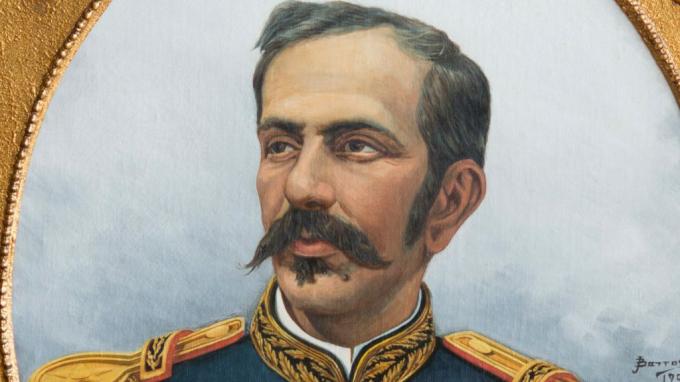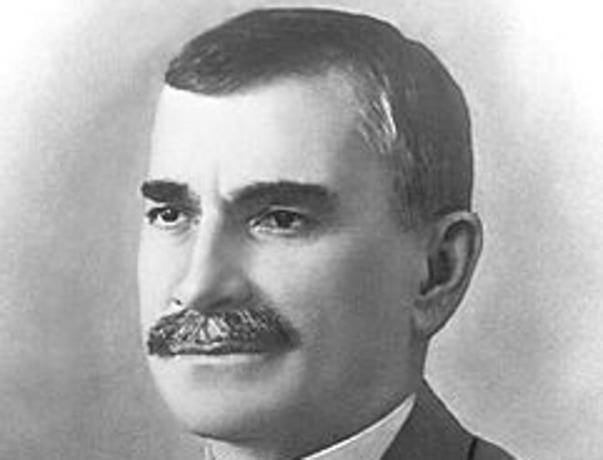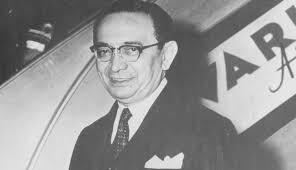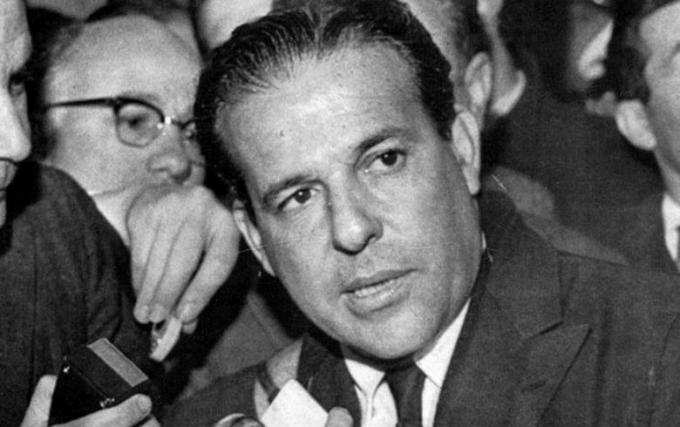Throughout the history of Brazil Republic, which began with the Proclamation of the Republic, in November 15, 1889, eight vice presidents assumed the presidential post.
Each replacement occurred for various reasons, since the death of the presidents elected to impeachment proceedings.
check outyou vice presidents who took over the government in theBrazil and the context that led them to take office.
Index
- Floriano Peixoto (1839-1895)
- Nilo Peçanha (1867-1924)
- Delfim Moreira (1868-1920)
- Café Filho (1899-1970)
- João Goulart (1919-1976)
- José Sarney (1930-)
- Itamar Franco (1930-2011)
- Michel Temer (1940-)
Floriano Peixoto (1839-1895)

Floriano Peixoto he was the first vice president of Brazil. He assumed the presidency of the country on November 23, 1891 and remained in office until November 15, 1894.
Army marshal, he was elected vice president in the same year as Deodoro da Fonseca he was elected president of the republic.
At that time, the vice president and the president competed for positions separately, being elected in different votes.
On November 3, 1891, Deodoro da Fonseca decided to promote, once again, a coup d'état, closing the National Congress and arresting senators and deputies. His intention was to have all control of the state in his hands.
The reaction to Deodoro's action was led by the Brazilian Navy (now the Navy) which threatened to bomb the country's capital (Rio de Janeiro) if he did not resign.
On November 23 of the same year, he resigned and, as a result, Floriano Peixoto became president of Brazil.
Nilo Peçanha (1867-1924)

When the 1906 elections took place, Nilo Peçanha was elected vice president, and Afonso Pena, president.
Nilo Peçanha rose to the presidential post on June 14, 1909 as a result of the death of then-president Afonso Pena, affected by a pneumonia.
As Afonso Pena had already served more than half of his term, Nilo Peçanha ended his term on November 15, 1910.
Delfim Moreira (1868-1920)

Delfim Moreira rose to the presidential post after the then president Rodrigues Alves contract tuberculosis, a disease whose treatment was quite difficult at that time.
On the day of his inauguration, Delfim Moreira assumed the presidential post on an interim basis, that is, he was not sworn in as vice-president or vice president.
Rodrigues Alves died on January 16, 1919 and Delfim Moreira continued as interim president until new elections were held in the same year.
THE Constitution of 1891 it did not allow the vice president to complete the presidential term if the previous president had not served for two years.
Café Filho (1899-1970)

Café Filho assumed the presidency of Brazil after the suicide of Getulio Vargas (1882-1954), who served his second government in 1954.
Café Filho and Getúlio Vargas were elected in 1950 and took office on January 31, 1951.
Throughout his government, Vargas took a stance populist and labor, causing revolt among its liberal-conservative political opponents, linked to the National Democratic Union (UDN).
In August 1954, after the unsuccessful attempt to remove Vargas from power through an impeachment, Carlos Lacerda, leader of the UDN, suffered an attack that did not seriously harm him. However, the colonel who was with him also became a target and died.
- Free Online Inclusive Education Course
- Free Online Toy Library and Learning Course
- Free Online Preschool Math Games Course
- Free Online Pedagogical Cultural Workshops Course
The author of the attack was attributed to Vargas' personal guard, with this, the guilt of the crime also fell to the then president.
Faced with political and social pressure, Vargas resists resigning and chooses to commit suicide, shooting in his heart at the Palácio do Catete, on August 25, 1954.
After the tragic end of Vargas' government, Café Filho assumes the presidency and completes the mandate.
João Goulart (1919-1976)

João Goulart he was twice elected vice president of Brazil. The first was in 1955, when Juscelino Kubitschek he was elected president of the Republic, and the second, in 1961, the year in which Janio Quadros rose to the presidency.
With a government marked by controversy, Quadros became the target of the opposition led by Carlos Lacerda of the UDN, who claimed that the then president was eager to promote a coup d'état.
Faced with political pressure, Jânio resigned from his position on August 25, 1961. At the time of his resignation, Jango was in the China on a diplomatic visit.
Sectors of the army, Congress and civil society feared for the inauguration of Jango, who showed progressive tendencies.
Even looking for ways to prevent the vice president's inauguration, the action was carried out after he agreed to govern the country under the parliamentary regime. presidentialist.
José Sarney (1930-)

José Sarney was indirectly elected vice president by the National Congress after the redemocratization of the country. At the same time, Tancredo Neves was elected president.
Before taking office as President of the Republic, Tancredo Neves was affected by a leiomyoma benign abdominal which, for not receiving the proper treatment, made it impossible to take possession on March 15 of 1985.
With that, Sarney took office in his place on March 15th. Tancredo did not resist the complications and died on April 21, 1985.
José Sarney ruled Brazil from March 15, 1985 to March 15, 1990.
Itamar Franco (1930-2011)

After the enactment of the 1988 Constitution, Itamar Franco he was the first vice president elected by popular vote.
He was elected on the ticket of Fernando Collor which, over time, showed a government fraught with economic complications and corruption.
Thus, Collor's opposition in Congress filed a request for impeachment. Collor resigned from the presidential post before his impeachment case was dismissed on December 29, 1992.
As a result, he suffered the penalty of not being able to fulfill any public functions for eight years. With this, Itamar Franco assumed the presidency of the country on the 29th and ended his term on January 1st, 1995.
Michel Temer (1940-)

Michel Temer assumed the presidency of the Republic after the then president Dilma Rousseff undergo a process of impeachment.
Accused of committing a crime of fiscal responsibility, Dilma lost her mandate, but not her political rights, that is, she could run for any public office after impeachment.
With this, the president was removed from the presidential post on August 31, 2016, the day Michel Temer assumed the presidency of Brazil and fulfilled his term until January 1, 2018.
Learn more at:
- Who was the first President of Brazil?
- Presidents of the Military Dictatorship in Brazil
- How much does a President of the Republic earn?
The password has been sent to your email.
